
Long-vacant former Faces spot in Northampton gets new tenant
NORTHAMPTON — After more than five years of sitting vacant, the site of the old Faces store at 175 Main St. will finally have a new occupant, one that’s already established itself as a downtown mainstay of downtown.

Shutesbury reviewing how to improve safety on Lake Wyola in wake of accident last summer
SHUTESBURY — While no ban on motorboats on Lake Wyola is being contemplated, a serious accident that injured a boater last June has prompted a review of the current bylaw governing use of the 128-acre body of water, which some residents say should be modified to enhance safety, while others say safety is largely a matter of personal responsibility.
Most Read
 Long-vacant former Faces spot in Northampton gets new tenant
Long-vacant former Faces spot in Northampton gets new tenant
 Here come the sweetness: Four new businesses prepping to open in downtown Northampton
Here come the sweetness: Four new businesses prepping to open in downtown Northampton
 Local ‘Hands Off!’ standouts planned as part of national effort
Local ‘Hands Off!’ standouts planned as part of national effort
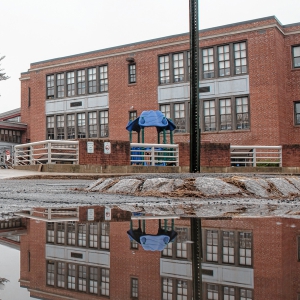 Northampton schools probe staff response to student’s unfulfilled IEP
Northampton schools probe staff response to student’s unfulfilled IEP
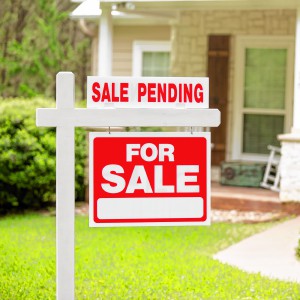 Area property deed transfers, April 4
Area property deed transfers, April 4
 Sabadosa, Velis push for state endometriosis task force to raise awareness about little-known illness
Sabadosa, Velis push for state endometriosis task force to raise awareness about little-known illness
Editors Picks
 A Look Back, April 4
A Look Back, April 4
 Photos: Heavy lift in Easthampton
Photos: Heavy lift in Easthampton
 Arts Briefs: Power of Truths Fest in Florence, dance at Smith, jazz at UMass, and more
Arts Briefs: Power of Truths Fest in Florence, dance at Smith, jazz at UMass, and more
 ‘Art in the Age of Human Impact’: New exhibition at UMass explores complex relationship between humans and nature
‘Art in the Age of Human Impact’: New exhibition at UMass explores complex relationship between humans and nature
Sports

HS Roundup: Keller Mahoney’s six-point day lifts Northampton boys lacrosse over Lenox, 9-4, in season opener
Keller Mahoney matched Lenox’s output by himself Thursday afternoon, as he tallied four goals and added two assists in a dominant showing for the Northampton boys lacrosse team. The Blue Devils used his offensive outburst to cruise past the Millionaires, 9-4, on their home turf and claim a victory in their season opener.
Opinion
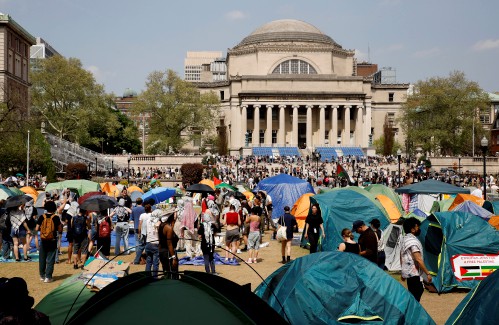
Guest columnist Teresa Amabile: Undermine education, undermine our future
 Guest columnist Liz Brown: Abortion care is health care
Guest columnist Liz Brown: Abortion care is health care
 Henry Lappen: Tango is alive and well in the Valley
Henry Lappen: Tango is alive and well in the Valley
 D. Dina Friedman: Jewish group decries ICE’s crackdown on freedom of speech
D. Dina Friedman: Jewish group decries ICE’s crackdown on freedom of speech
 Carolyn Cushing: Stop perpetuating dehumanization
Carolyn Cushing: Stop perpetuating dehumanization

Your Daily Puzzles

An approachable redesign to a classic. Explore our "hints."

A quick daily flip. Finally, someone cracked the code on digital jigsaw puzzles.

Chess but with chaos: Every day is a unique, wacky board.

Word search but as a strategy game. Clearing the board feels really good.

Align the letters in just the right way to spell a word. And then more words.
Business

Here come the sweetness: Four new businesses prepping to open in downtown Northampton
NORTHAMPTON — Downtown Northampton is about to get a whole lot sweeter.
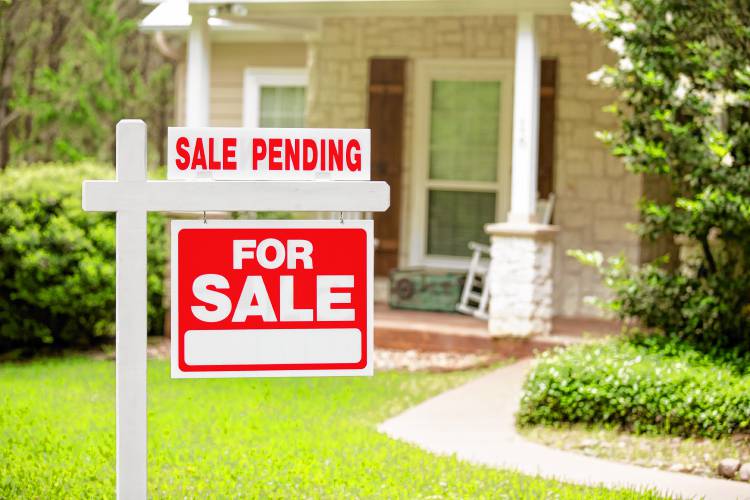 Area property deed transfers, April 4
Area property deed transfers, April 4
 Making News in Business, April 4
Making News in Business, April 4
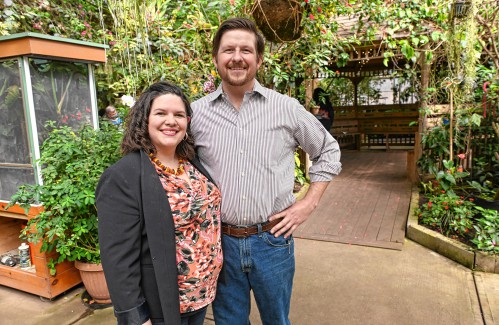 Hopeful buyers emerge for Magic Wings butterfly conservatory in South Deerfield
Hopeful buyers emerge for Magic Wings butterfly conservatory in South Deerfield
 Consumer Corner with Anita Wilson: Spam texts a growing threat to consumers
Consumer Corner with Anita Wilson: Spam texts a growing threat to consumers
Arts & Life
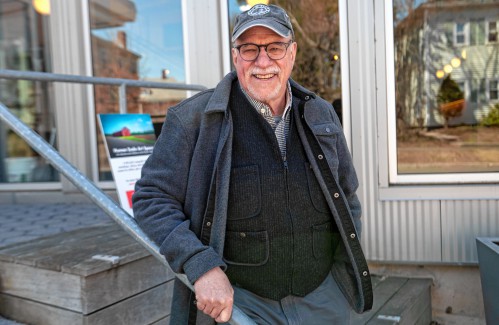
Here to help the community’s artists: Human Scale Art Space aims to advance visual arts in the Pioneer Valley
It’s not uncommon for a small nonprofit not to have a physical space. It is, however, ironic when that nonprofit itself is called Human Scale Art Space.
Obituaries
 Elizabeth Ann Fischer
Elizabeth Ann Fischer
Northampton, MA - Elizabeth Ann Fischer, 89, passed away March 22, 2025 at the Linda Manor Nursing Home in Leeds MA. She was born June 30, 1935 in Northampton. Elizabeth, a dedicated mother, grandmother and great-grandmother, was a tale... remainder of obit for Elizabeth Ann Fischer
 Maija Z. Lillya
Maija Z. Lillya
Amherst, MA - Maija Zadins Lillya passed away peacefully at home on March 21, 2025, surrounded by family. Maija was born in 1939 in Smiltene, Latvia, during the brief period of independence between world wars. In November 1944 her famil... remainder of obit for Maija Z. Lillya
 Raymond Kenyon Bradt Jr.
Raymond Kenyon Bradt Jr.
[IMAGE]Raymond Kenyon "Ken" Bradt, Jr. Amherst, MA - Raymond Kenyon Bradt, Jr., died at Cooley Dickinson Hospital, in Northampton, MA, on February 10, 2025, at age 82. His partner and the hospital chaplain were by his side and Bach's cello ... remainder of obit for Raymond Kenyon Bradt Jr.
 Gerard Houle
Gerard Houle
Gerard (Jerry) Houle Easthampton, MA - Gerard (Jerry) R Houle, 93 of Easthampton, passed away on March 31. Jerry was born on December 1,1931 in Holyoke, to the late Alfred and Jeannette (Loiselle) Houle. Jerry spent his early years in C... remainder of obit for Gerard Houle

 Hatfield Select Board removes elected Housing Authority member
Hatfield Select Board removes elected Housing Authority member
 Final interviews set for Granby school superintendent candidates
Final interviews set for Granby school superintendent candidates
 Political analyst to discuss Middle East, new book in western Mass talks
Political analyst to discuss Middle East, new book in western Mass talks
 Scaled-back DPW project heads to Hadley voters at Town Meeting
Scaled-back DPW project heads to Hadley voters at Town Meeting
 UMass basketball: Jayden Ndjigue, Daniel Hankins-Sanford will return to Minutemen next season
UMass basketball: Jayden Ndjigue, Daniel Hankins-Sanford will return to Minutemen next season
 Trump tariffs crater markets worldwide
Trump tariffs crater markets worldwide
 Granby voters to consider $10M override for old West Street School project
Granby voters to consider $10M override for old West Street School project
 A flash point over gun control: Can Massachusetts’ strict firearms law survive the 2026 ballot?
A flash point over gun control: Can Massachusetts’ strict firearms law survive the 2026 ballot?
 Three vying for two Hadley Select Board seats in May 20 election
Three vying for two Hadley Select Board seats in May 20 election
 HS Roundup: Frontier baseball blanks Hopkins, 5-0, improves to 3-0 this season (PHOTOS)
HS Roundup: Frontier baseball blanks Hopkins, 5-0, improves to 3-0 this season (PHOTOS) UMass hockey: Minutemen lose O'Hara, Suniev, Connors early to NHL deals
UMass hockey: Minutemen lose O'Hara, Suniev, Connors early to NHL deals Amherst’s Ryan Leonard makes NHL debut for Washington Capitals in 4-3 win over Bruins in Boston
Amherst’s Ryan Leonard makes NHL debut for Washington Capitals in 4-3 win over Bruins in Boston UMass basketball: Akil Watson, Marqui Worthy join group of Minutemen entering transfer portal
UMass basketball: Akil Watson, Marqui Worthy join group of Minutemen entering transfer portal Get Growing with Mickey Rathbun: Paving over historic beauty: A history of the White House Rose Garden that Trump plans to rip up
Get Growing with Mickey Rathbun: Paving over historic beauty: A history of the White House Rose Garden that Trump plans to rip up Valley Bounty: Nothing sweeter than sourcing local: Lemon Bakery in Amherst is a small, seasonal, from-scratch operation
Valley Bounty: Nothing sweeter than sourcing local: Lemon Bakery in Amherst is a small, seasonal, from-scratch operation Speaking of Nature: Stinky signs of spring: Skunk cabbage is eye candy after months of winter landscape
Speaking of Nature: Stinky signs of spring: Skunk cabbage is eye candy after months of winter landscape Historic speech echoes two centuries later: ‘A Light Under the Dome’ recalls the first American woman to speak to a legislative body
Historic speech echoes two centuries later: ‘A Light Under the Dome’ recalls the first American woman to speak to a legislative body
